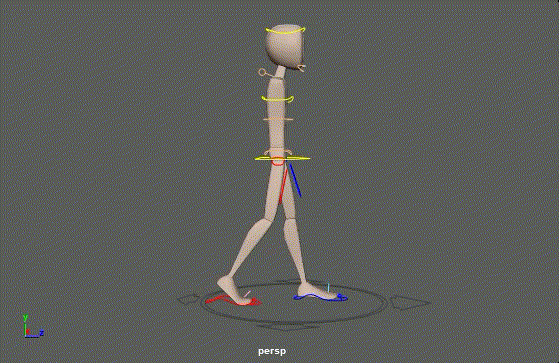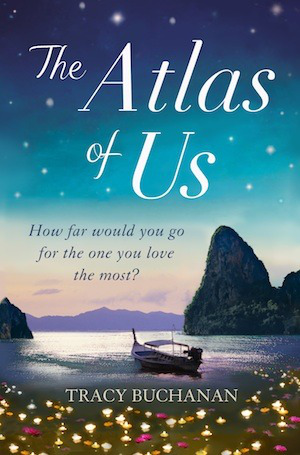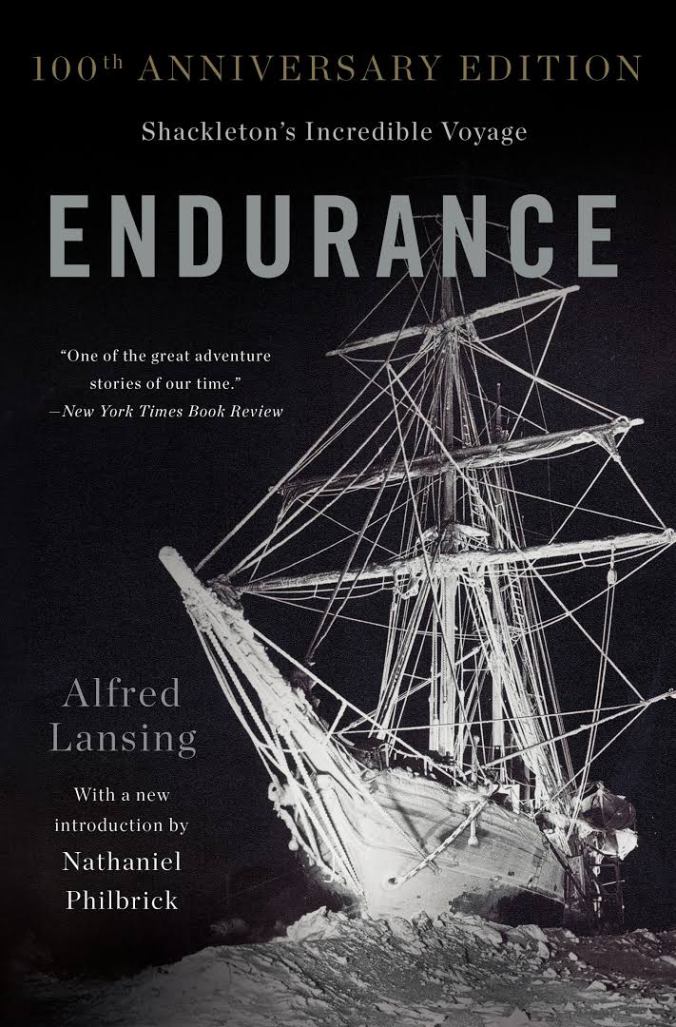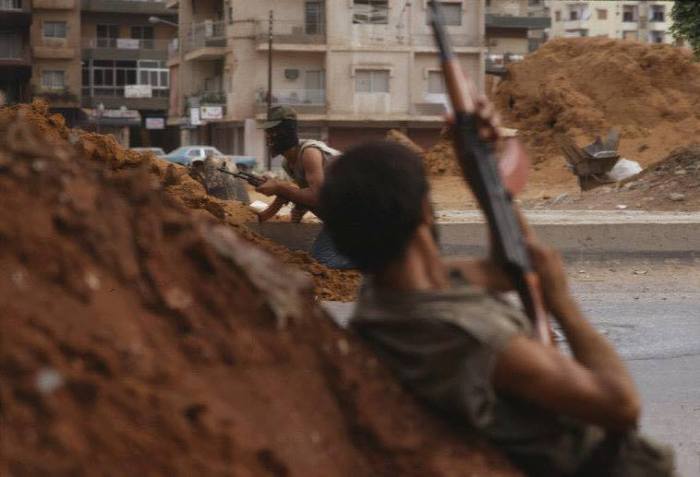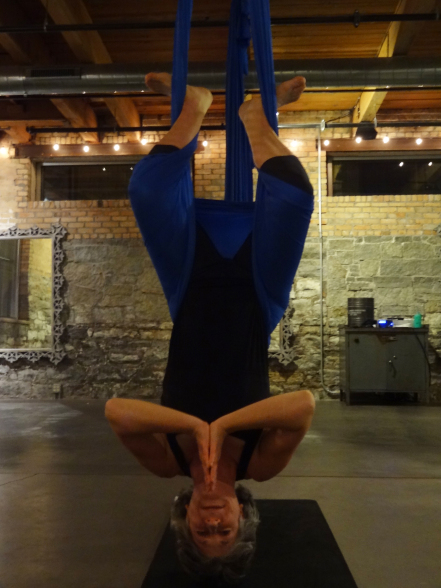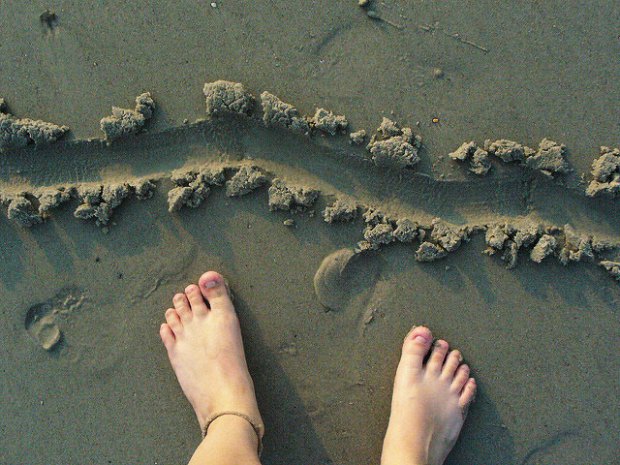
In our second session altogether this term we were interested in focussing – in one way or another – on ideas of boundary crossing or ‘shifts’ to enable us to find ways to conceptualise and discuss our current concerns in our writing.
We started by engaging in free writing for ten minutes without locating our focus particularly, other than through an initial attention to the pebble we had each selected with the idea of this acting as a calming and centring catalyst for thought and writing. As ever, in our partner discussions after the activity, we found ourselves ‘surprised’ by where this writing led us, and my hope is that some of the reflections shared in the group today, will be captured by group members below. They were insightful and redolent with possibilities for further thought. Certainly I found myself caught in the ebb and flow of a rather gentle tidal wash of connections as I slipped between my free writing experiences on Saturday afternoon (as part of the Free Brighton University session I’d led with Emily), and the session this afternoon. Both were pleasurable and illuminating experiences with women generous enough to share their eager engagements with text and dialogue and able to listen attentively to others.
We spent some time going back through what we’d each writtent to identify ways in which we had touched upon, or engaged with shifts, or boundaries, through what we’d written. I spoke about the way in which I had found a shift in paradigms in my early PhD work difficult and challenging at the time but also productive as a way of entering my final PhD text to exemplify a process of ongoing methodological engagement. Emily has written a piece below which reflects on what her claims to occupy paradigmatic territory meant to her both at the time of the writing of her PhD thesis and since.
We ended the session by collectively moving our attention to a rich quotation provided by Martin Bittner, based on the seminar he had presented in the department earlier in October, entitled: ‘On Translation: knowledge between intuition and institution’ in order to open up ways of speaking and writing of cultural shifts, somersaults (elegant and otherwise) that are undertaken by some PhD researchers as they move from one language context to another. Here is the quotation:
“By translating something we fulfil a movement, we go beyond borders and limits; these are borders and limits of ourselves, of institutions, of disciplines, of methodologies. Seeing translation as a methodology of its own means that we cannot remain on the target-side – it is not a singular trespassing, a one-way crossing of borders [that would be a conversion (of faith), assimilation (of culture) or violation (of nation and law)]. We can use these methodological experiences to get a greater meaning of educational processes and of questions on institutions that I consider to be better addressed through ethnography.”
I leave my fellow Writing Into Meaning writers to take up the challenge of sharing a response to this quotation themselves. Certainly, for me the quotation reminds me of the richness of trespassing into textual spaces of unfamiliarity, that may be ‘difficult’ to translate conceptually, theoretically or linguistically…and the possibilities – as long as we don’t position ourselves as ‘lacking’ – in sticking with difficulties to experience differently, to be surprised by what we can think afresh and how we can change.
We’ve suggested that the group collectively engage with Robyn Barnacle & Gloria Dall’Alba (2014) Beyond skills: embodying writerly practices through the doctorate, Studies in Higher Education, 39:7, 1139-1149, DOI: 10.1080/03075079.2013.777405
This text focuses on challenging ideas of ‘mastery’ within writing that question its very premise within the process of shaing and honing writerly academic text.
We meet next as a whole group on Wednesday November 8th 2018 between 1300 and 1500 in the ground floor meeting room in ESW when the group will be led by Rebecca Webb and Tamsin Hinton-Smith. Do please come along. We will be focusing on writing our data into meaning…please bring some data along if you have some OR ‘imagine’ some future data that you may have and be prepared to discuss this and write ‘to’ it.
Rebecca Webb
Advertisements Share this:
